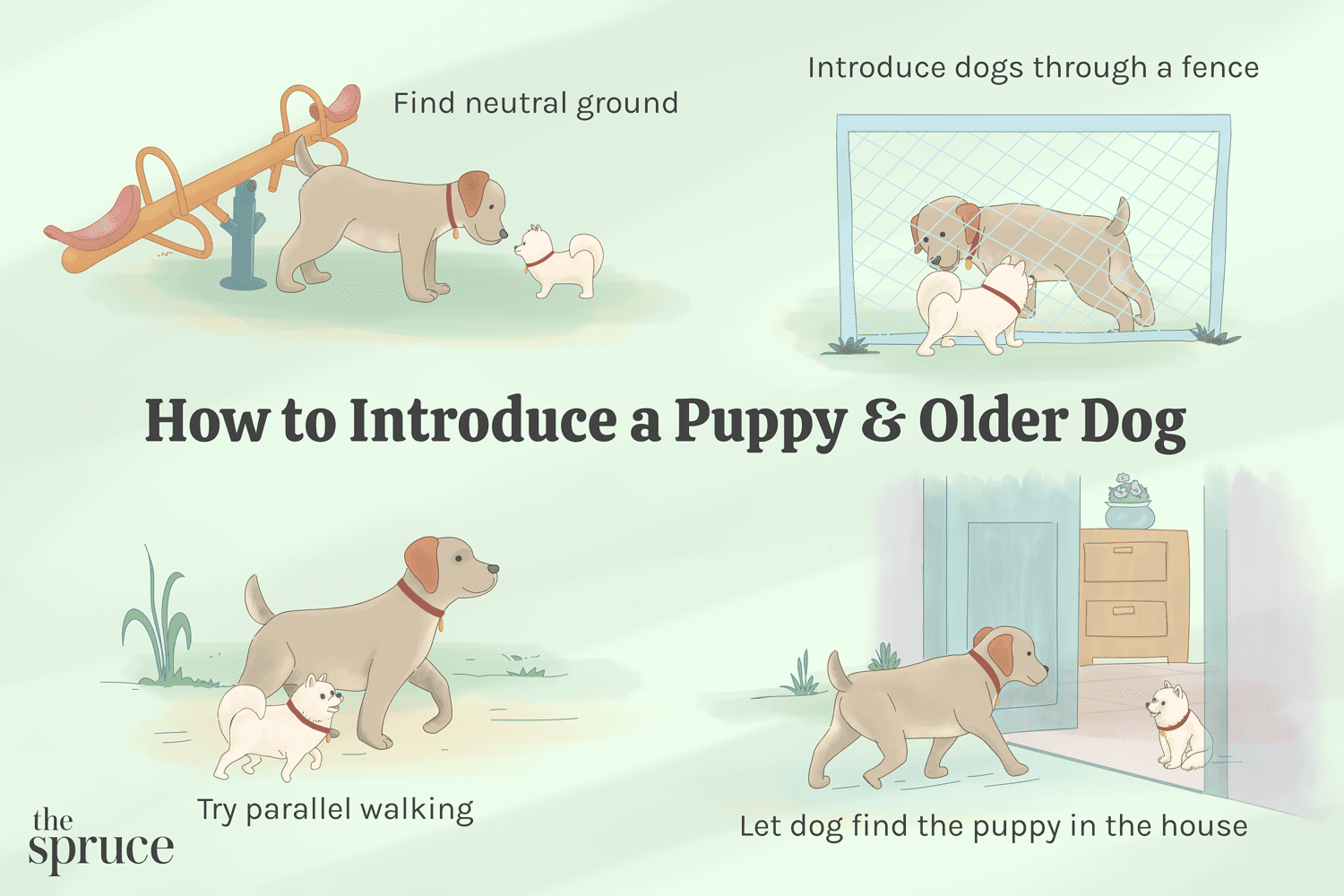
Pitbulls, although a lively breed, can be aggressive towards humans. Because pitbulls were not intended to fight, their aggressive behavior seems out of character. Although they are known to be strong and violent, pitbulls do not necessarily attack other dogs. These dogs can be very docile if properly trained. However, you should be aware of the risks involved. It is best to never leave your pitbull in a house alone, particularly if you have other pets.
There are no known genetic causes for pit bull aggression. However, some research has shown that these dogs could be dangerous. It is important that you know that pit bulls do not attack children. Pit bulls can be territorial and may attack other dogs if they are brought into their territory. Pitbulls will also attack special objects and small dogs. Because of these traits, some Pitbulls can be aggressive.

First, learn everything you can about the Pit Bull to avoid them biting. Pit Bulls who are aggressive and dominant often show signs like excessive barking, snarling, or growling. They may also have a tendency to stand high and hold their ears up, snarling, and tucking their tail into the air. Some dogs won't show aggression for several days before they bite.
Pit bulls are strong and can be dangerous. They are often friendly with other dogs and children. They are not monsters, and they are not harmful dogs. Although they are more likely to attack animals of other breeds than their own, it is important to remember that these dogs do not mean to harm any person. They don't like dogs. They are more likely to get aggressive when they feel threatened or mistreated.
Sometimes, a pit bull may not display all the warning signs that are necessary to become aggressive. The majority of aggression, however, is directed at other dogs, not people. It is important to understand that dogs do not retreat when they feel threatened. It's best to avoid aggressive situations. Don't be surprised if your dog snaps at you if they are in dangerous situations.

The most frequent pitbull aggression is directed toward other dogs. Some pitbulls will be friendly with other dogs while others may bite. In both cases, the aggressive dog will probably bite another animal. Although pitbulls can be good with other dogs but not with cats, it is best to keep them away from cats. It's important to be extra careful when handling animals in such situations. Consult a veterinarian if your concern is about their behavior.
FAQ
Which is the best pet you have?
The best pet you can have is the one you love. There is no right or wrong answer. Every individual has his/her own opinion on the best pet.
Some believe cats are more intelligent than dogs. Others say that dogs are more loyal and loving. Some argue that birds are the best pet.
But whatever type of pet you choose, you must decide what kind of pet suits your personality.
If you're friendly and outgoing then a dog is right for you. Cats are best suited for shy people who are reserved.
Also, take into account the size your house or apartment. If you have a small apartment, you will need a smaller pet. On the other hand, a large house means that you'll need more space.
Remember that pets need lots of attention. Pets need to be fed frequently. They need to be taken for walks. You should also brush and clean them.
You'll be able pick the best pet for you if you have all of these knowledge.
How much money should I spend on a pet?
One good rule of thumb: Budget around $200-$300 per Month.
However, it varies based on where you live. You would spend $350 per Month in New York City.
In rural areas, however, you might only need to spend $100 per month.
It is important to remember to purchase quality items, such as collars, leashes, toys, etc.
Consider purchasing a crate for your pet. It will protect your pet during transport.
How long can a dog be kept indoors?
Dogs are curious by nature. Dogs need an outlet to express their curiosity. If they don't have any outlets, they may become destructive. This can lead to many problems including property destruction and injury to others.
It is important that dogs are kept on a lead when they go outside. They can explore their surroundings safely while being kept in check.
He will be bored and uninterested if you keep him indoors all day. He may start to chew furniture and other objects. His nails may grow too long, which could lead to health issues.
It is best to allow your dog to run free at least one day per week to avoid these unfortunate consequences. Go for a stroll around the neighbourhood, take him on a car ride, or take him to the dog park.
This will enable him to use his energy for something productive.
Is it a good idea to spay/neuter your dog?
Yes! It is important to spay and neuter your dog.
It not only reduces unwanted puppies around the world but also lowers the risk of some diseases.
For instance, there is a higher chance of breast cancer in female dogs than in male dogs.
There is also a greater chance of testicular carcinoma in males than in females.
Also, spaying or neutering your pet will prevent her from having children.
Statistics
- Here's a sobering reality: when you add up vaccinations, health exams, heartworm medications, litter, collars and leashes, food, and grooming, you can expect a bill of at least $1,000 a year, according to SSPCA. (bustle.com)
- In fact, according to ASPCA, first-year expenses can sum up to nearly $2,000. (petplay.com)
- For example, if your policy has a 90% reimbursement rate and you've already met your deductible, your insurer would pay you 90% of the amount you paid the vet, as long as you're still below the coverage limits of your policy. (usnews.com)
- Reimbursement rates vary by insurer, but common rates range from 60% to 100% of your veterinary bill. (usnews.com)
- Pet insurance helps pay for your pet's medical care, with many policies covering up to 90 percent of your vet bills. (money.com)
External Links
How To
How to teach a cat to use the litter box
Litter boxes are great at reducing your pet's waste, but they don't always work out well for cats. They can be too small for cats, or simply wrong for them. This could lead to them smearing litter on the floor and leaving it there.
These are some of the things you should remember to ensure that your cat learns how to use the litter box.
-
Make sure the box has enough space for your cat to comfortably stand up straight inside without having to crouch down.
-
It's best to place it where your cat would go outside.
-
If possible, give your cat access to water while he's going through his normal routine of bathroom breaks since keeping him hydrated will also help him feel less stressed about using the box.
-
Introduce the box to your cat as soon as possible. Avoid sudden movements and loud noises, especially if you're already familiar with being outside.
-
Once he becomes comfortable with it, reward him by giving praise when he uses the box correctly. You might also consider offering treats to your client, but only after you've completed your business.
-
Your cat shouldn't be forced to use the box.
-
Be patient! You may need to wait several weeks before your cat begins using the box. Don't be discouraged if it takes longer than you expected.
-
You should contact your veterinarian immediately if you observe any changes in your cat’s behavior such as aggression towards other people or animals. This could be a sign of a serious condition such as a kidney disease or infection in the urinary tract.
-
Keep your cat clean and tidy, especially around the litter box.